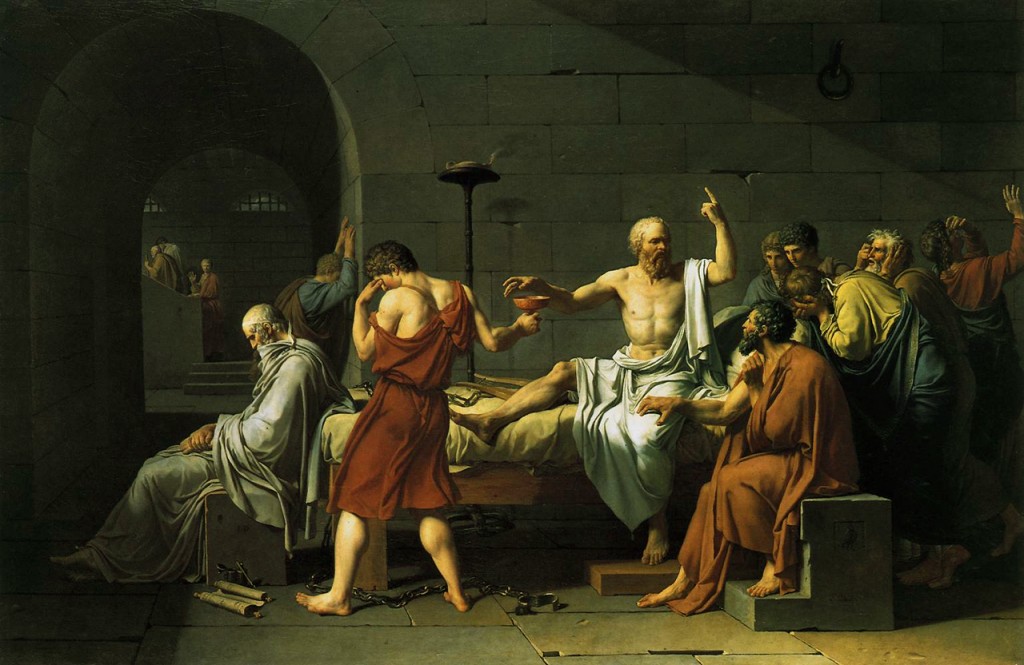Podcast: Play in new window | Download | Embed
Subscribe: RSS
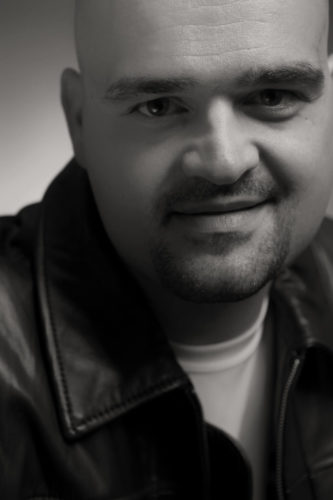 Last Night I did a one hour interview for FastForward Radio by the Speculist. During our conversation with hosts Phil Bowermaster and Stephen Gordon I covered a few topics such as the personal story behind the start of SingularitySymposium.com, SingularityWeblog.com and Singularity1on1.com. I also talked about technology in general and the singularity in particular and shared for the very first time my “technology is a magnifying mirror” thesis for a book I am thinking of writing in 2013.
Last Night I did a one hour interview for FastForward Radio by the Speculist. During our conversation with hosts Phil Bowermaster and Stephen Gordon I covered a few topics such as the personal story behind the start of SingularitySymposium.com, SingularityWeblog.com and Singularity1on1.com. I also talked about technology in general and the singularity in particular and shared for the very first time my “technology is a magnifying mirror” thesis for a book I am thinking of writing in 2013.
Program Synopsis: Hosts Phil Bowermaster and Stephen Gordon welcome blogger, futurist, and fellow web broadcaster Nikola Danaylov (AKA “Socrates”) to FastForward Radio. Nikola reports daily about major trends in science, technology, and society which indicate big changes to come. He also discusses these changes with some of the world’s most fascinating people on his podcast, Singularity 1 on 1.
You can listen to or download the audio file above. To show your support you can write a review on iTunes, make a direct donation or become a patron on Patreon.
Related articles
- Socrates on the Future (speculist.com)
- No Illusions Podcast: Cameron Reilly Puts Socrates in the Spotlight (singularityweblog.com)


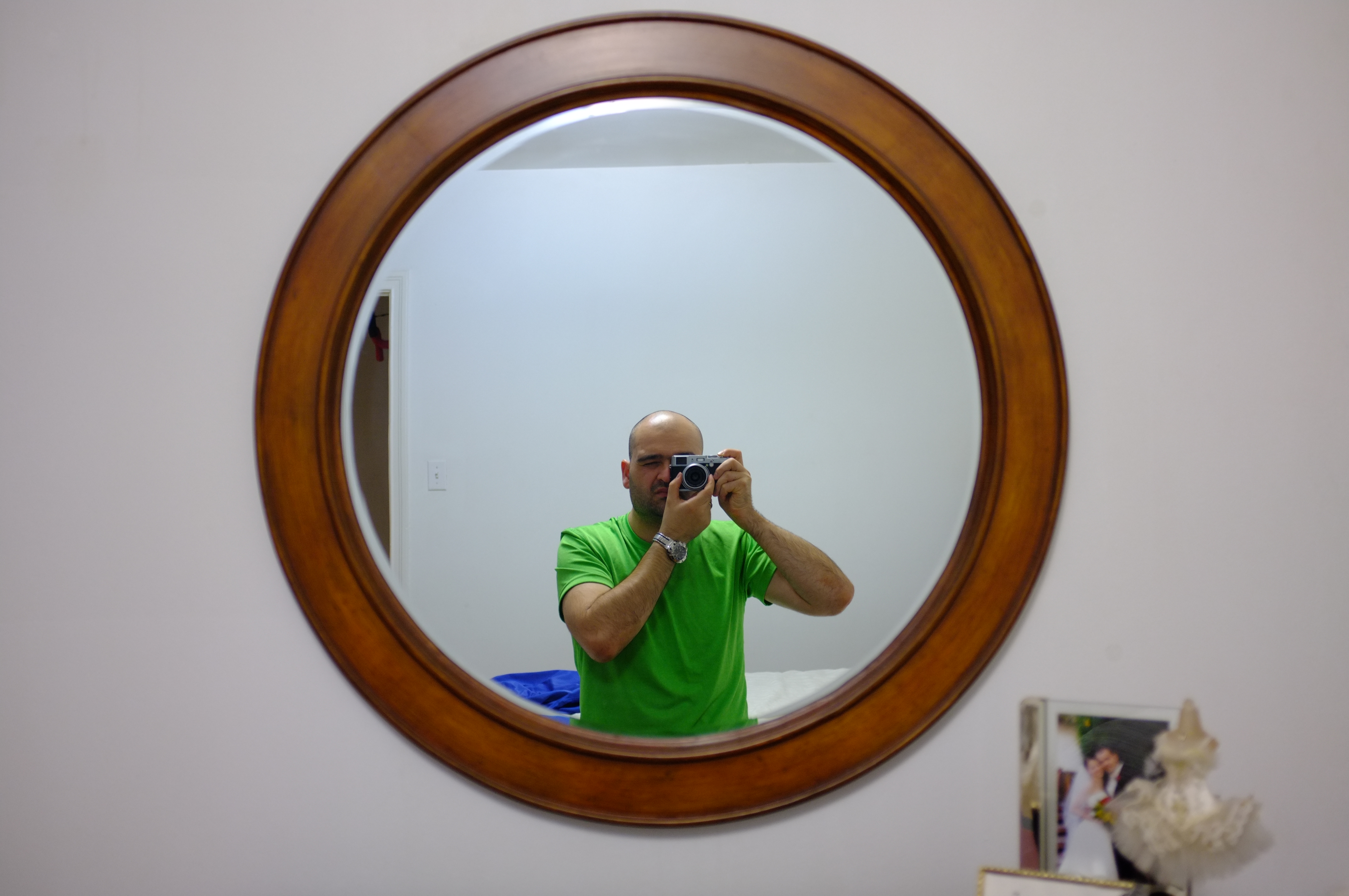
 The issue of religion is one of the more common questions that I ask most of my guests on
The issue of religion is one of the more common questions that I ask most of my guests on  Firstly, there is a very personal story behind this particular cross because it was made of my parents’ wedding rings after my mother passed away. So for me it has a very different emotional meaning rather than the usual Christian one.
Firstly, there is a very personal story behind this particular cross because it was made of my parents’ wedding rings after my mother passed away. So for me it has a very different emotional meaning rather than the usual Christian one.

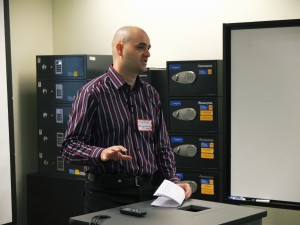 Last Sunday I spoke at
Last Sunday I spoke at  Most of us are uncomfortable not knowing.
Most of us are uncomfortable not knowing.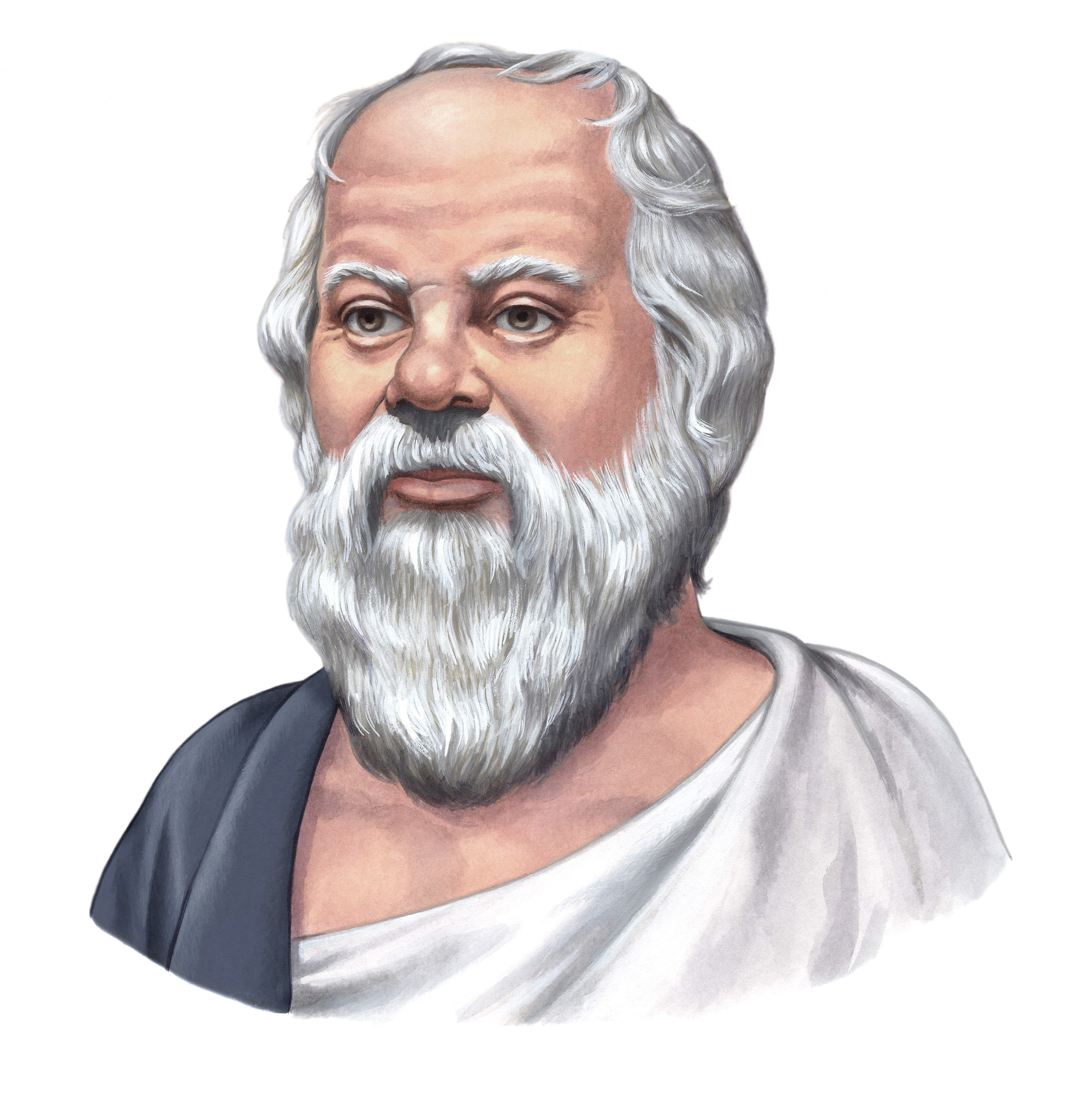 “I know that I don’t know. But you don’t know that you don’t know, and that is why you think you know.” is what Socrates used to say.
“I know that I don’t know. But you don’t know that you don’t know, and that is why you think you know.” is what Socrates used to say.
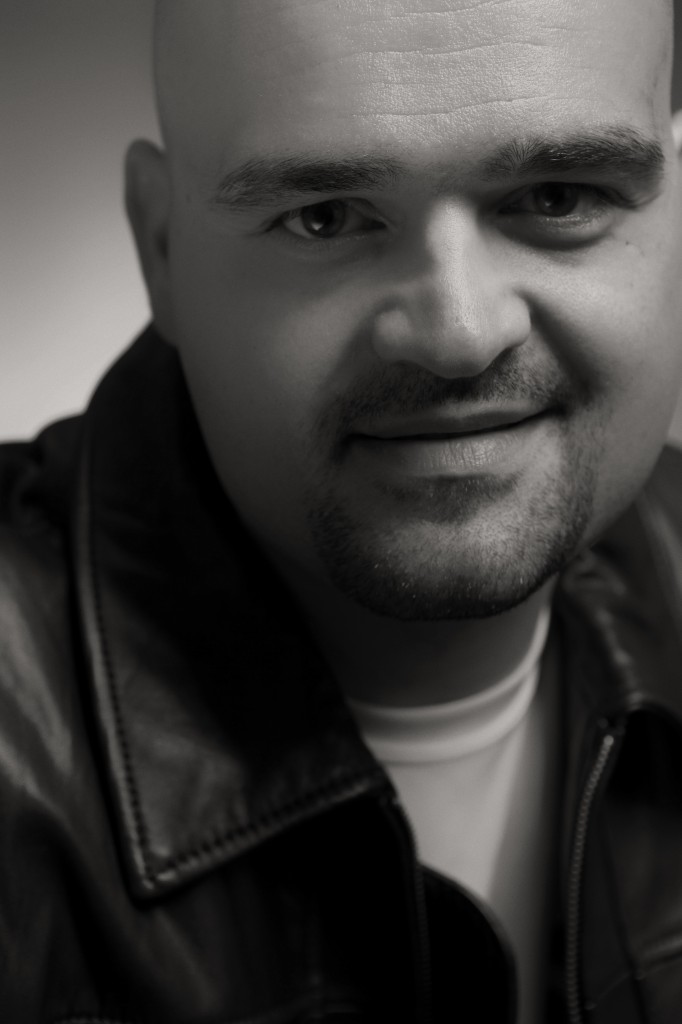 It is only fair that every once-in-a-while
It is only fair that every once-in-a-while 

